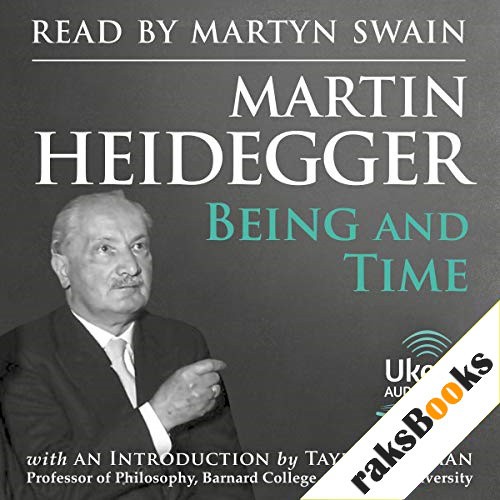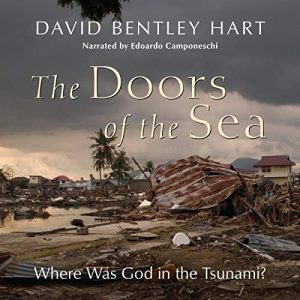In his lucid introduction to this recording, Professor Taylor Carman declares unequivocally that Being and Time by Martin Heidegger (1889-1976) is ‘one of the great masterpieces of 20th century philosophy.’ And that is despite the fact that it is unquestionably a challenging listen. But by placing it in its historical context – the key work on existentialism between Søren Kierkegaard (1813-1855) and Jean-Paul Sartre (1905-1980) – it becomes much easier to approach.
As Professor Carman explains, ‘Being and Time addresses a seemingly simple question: What does it mean to be?’ As far as we know, human beings are the only existing things ‘with an understanding of what it is for something to exist’ and, furthermore, are aware of their own existence. Heidegger chose the German word Dasein – existence: literally ‘being there’ – instead of more common expressions such as man, human being, soul, consciousness, etc. And he embarks upon his investigation, considering ‘being there in-the-world, in time (past, present, future); discussing ‘authentic’ and ‘inauthentic’ living and dying; and the acceptance of impermanence. ‘Dasein’s existence is pervaded by a primordial kind of anxiety (Angst)’, Carman remarks, but points out that the concept of care is central to Heidegger’s view: ‘to be a human being is to care about something’.
Being and Time was published in 1927 during the Weimar period in Germany, a time of political, social and economic turmoil. Heidegger himself did not escape the pressures, and his nationalism and undeniable anti-Semitism in the following decades cast a shadow over the man, but not the work. Being and Time is not coloured by expressions of his later views (unlike other writings) and remains an outstanding document.
This recording opens with Professor Carman reading his introduction. Being and Time is read by Martyn Swain.
Translation: John Macquarrie and Edward Robinson.
The contents – showing the plan of the work – and the full text of the introduction are available on a PDF for download with this recording.








Reviews
There are no reviews yet.